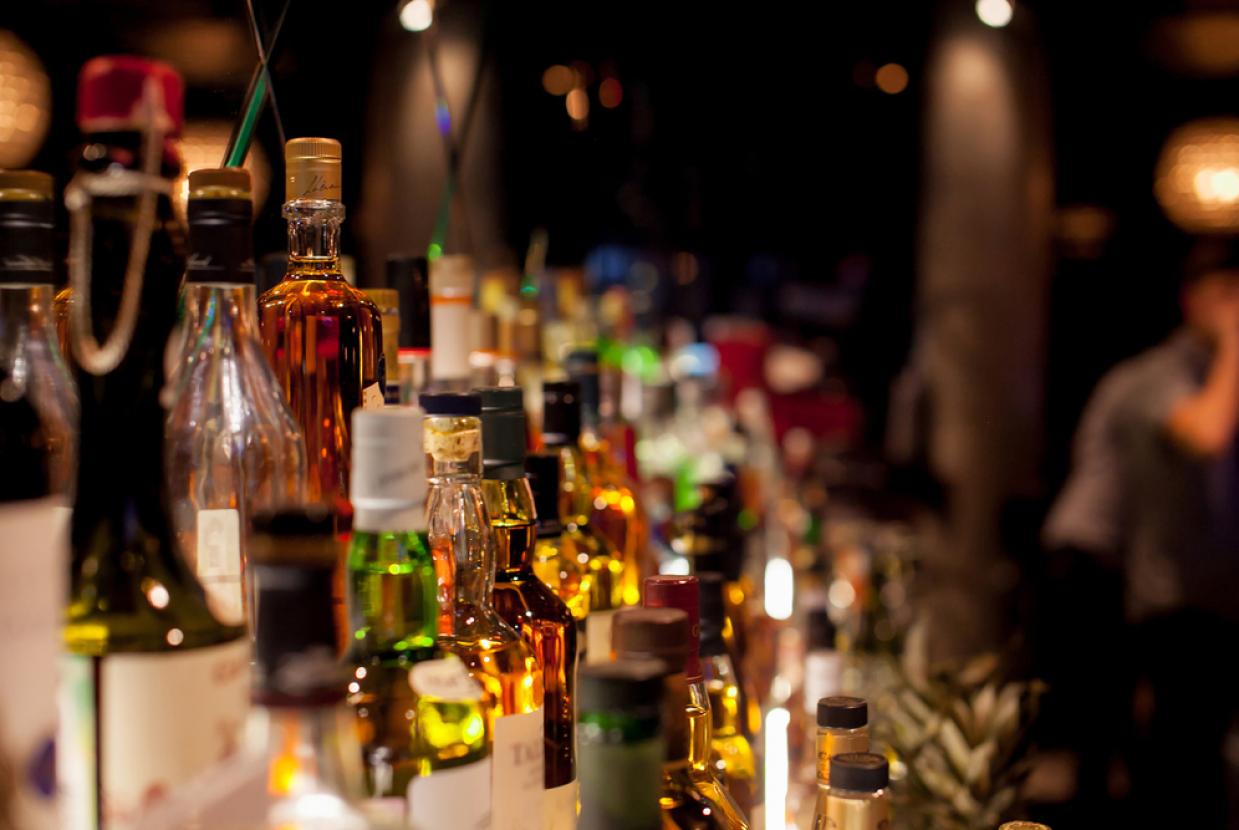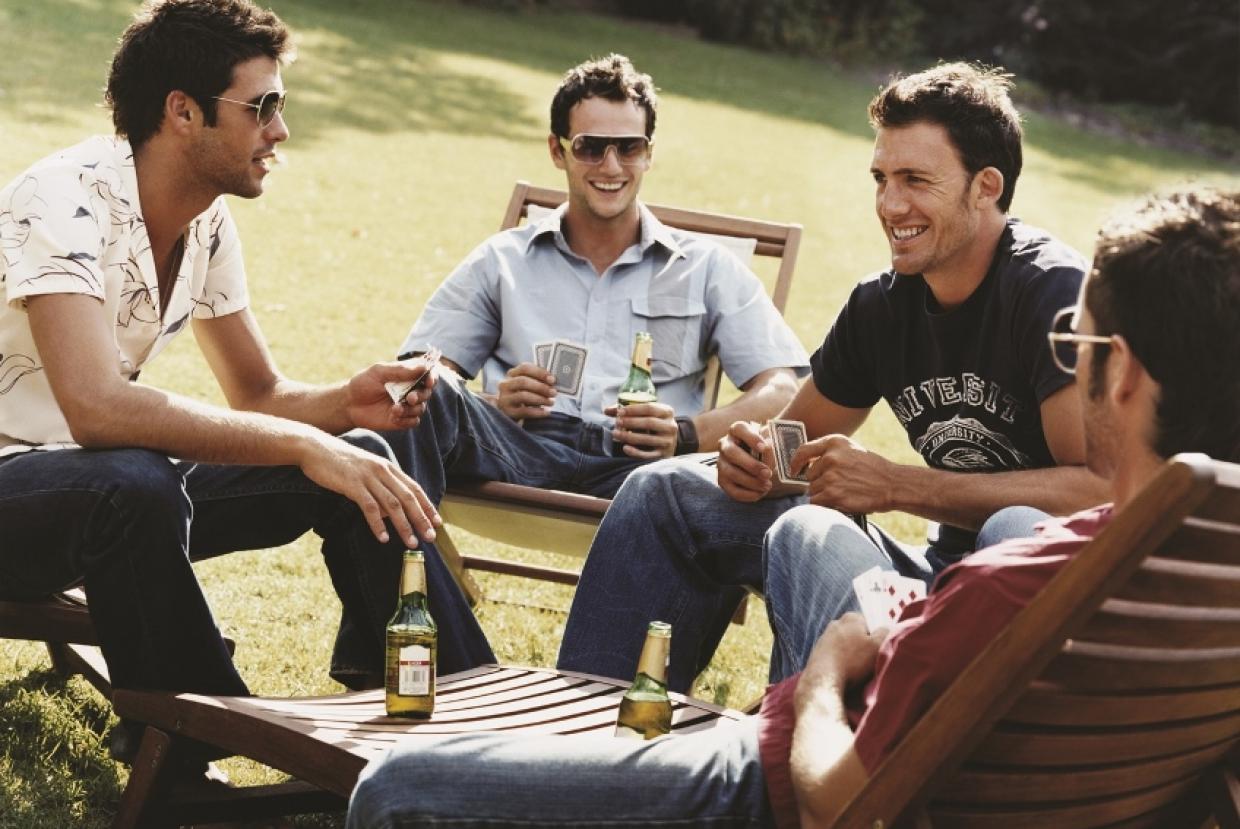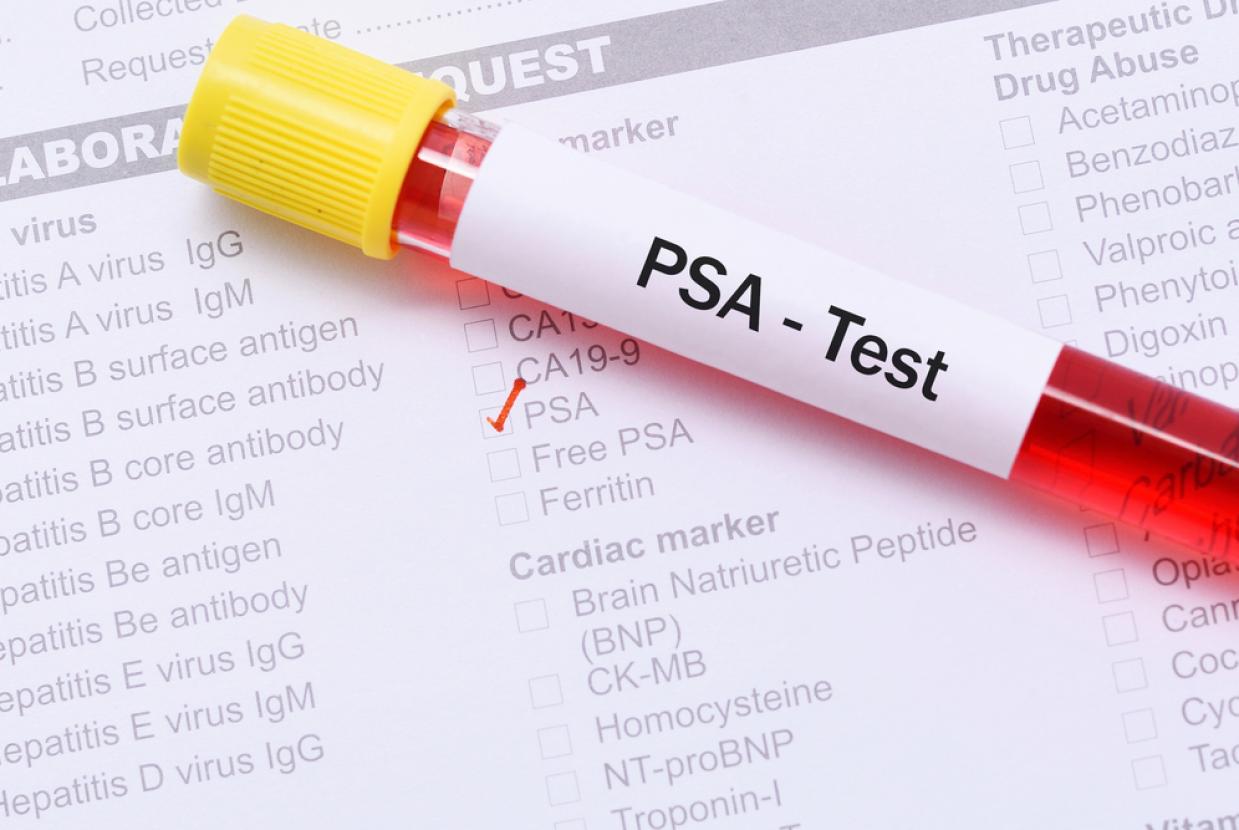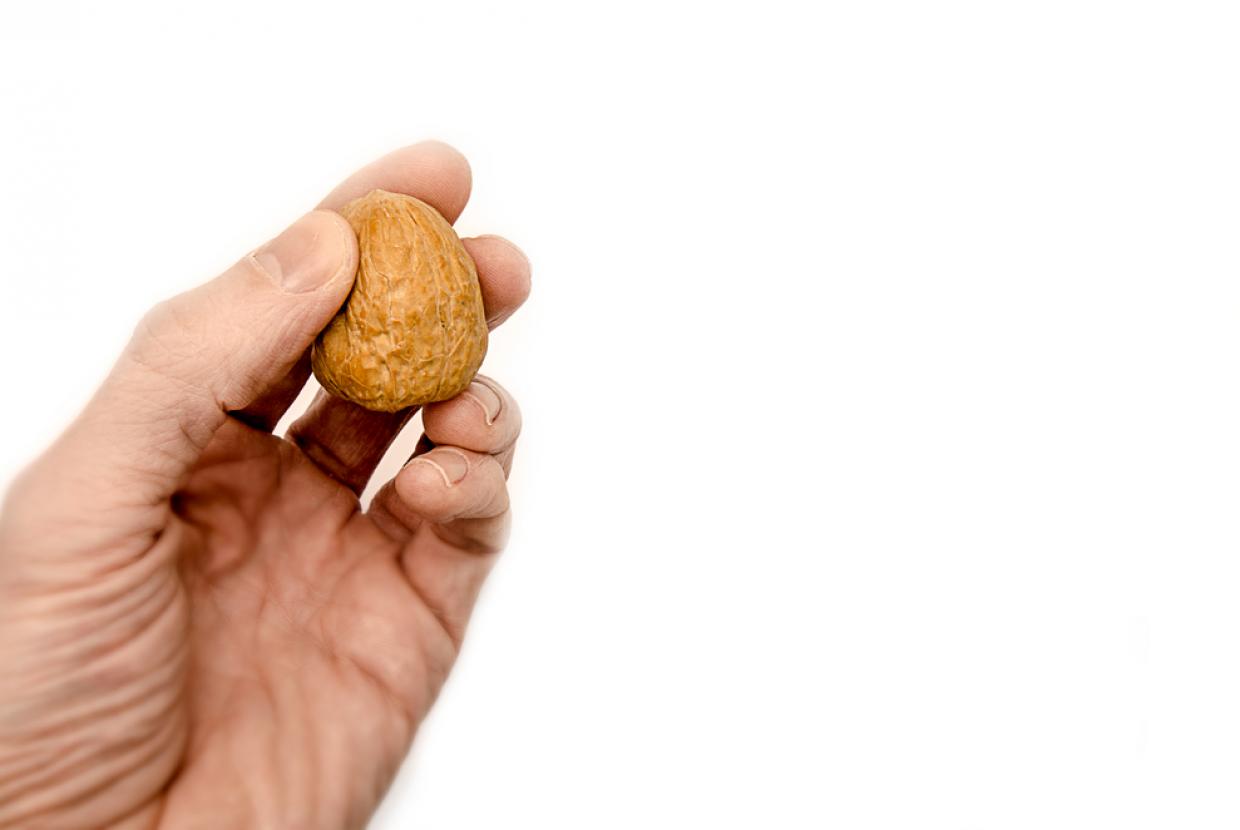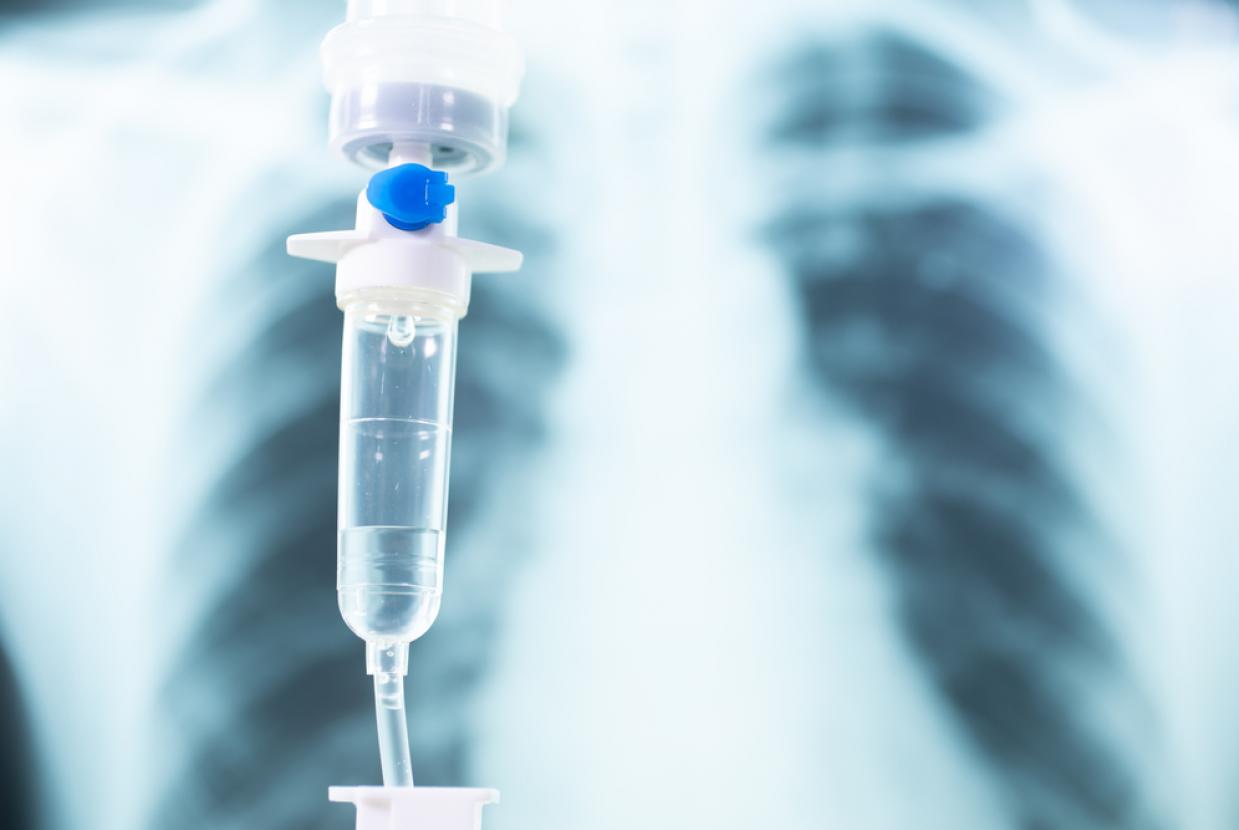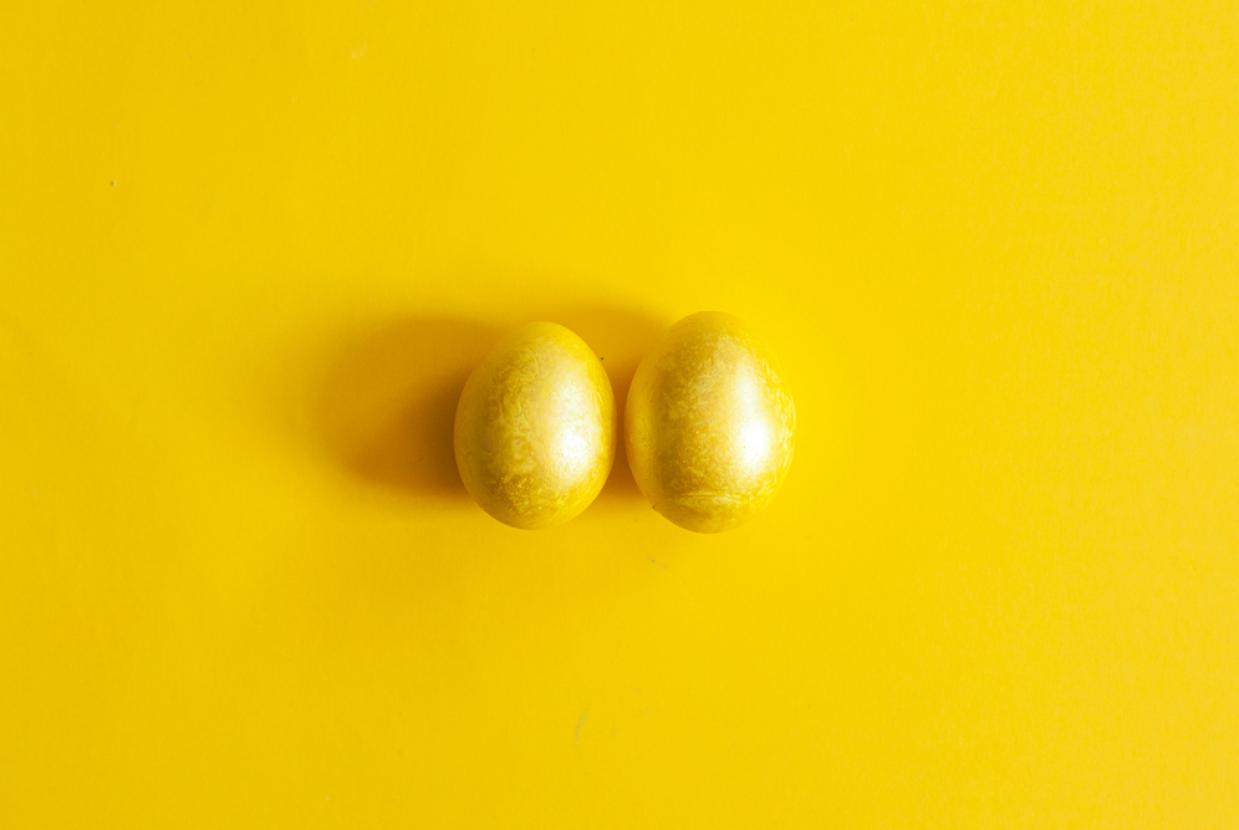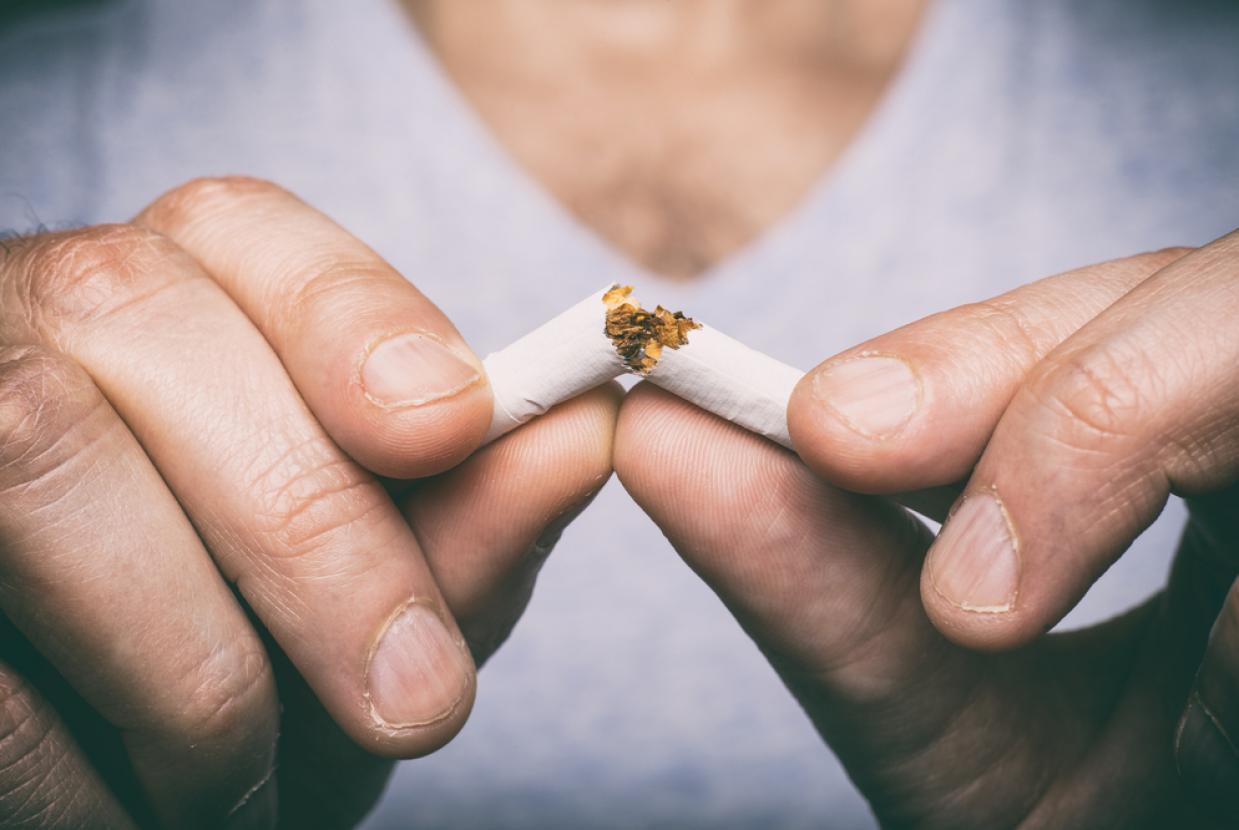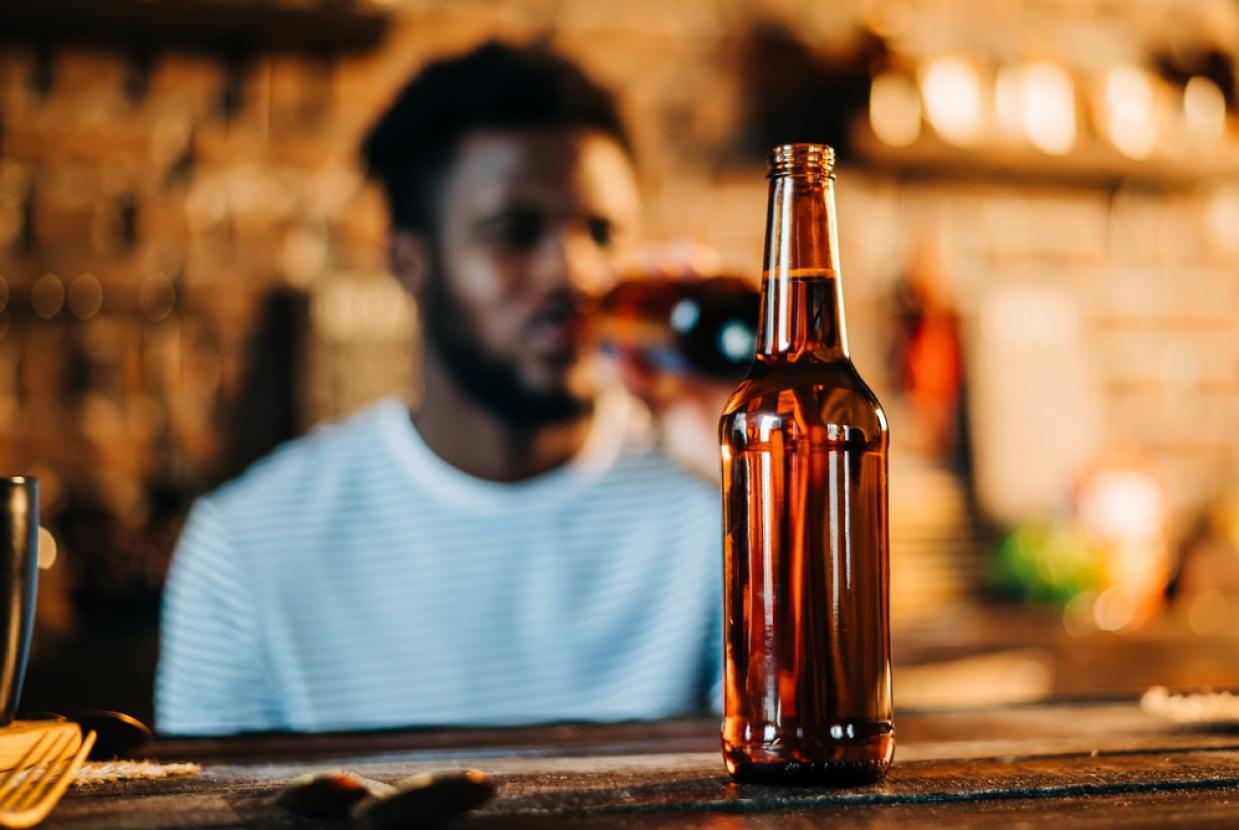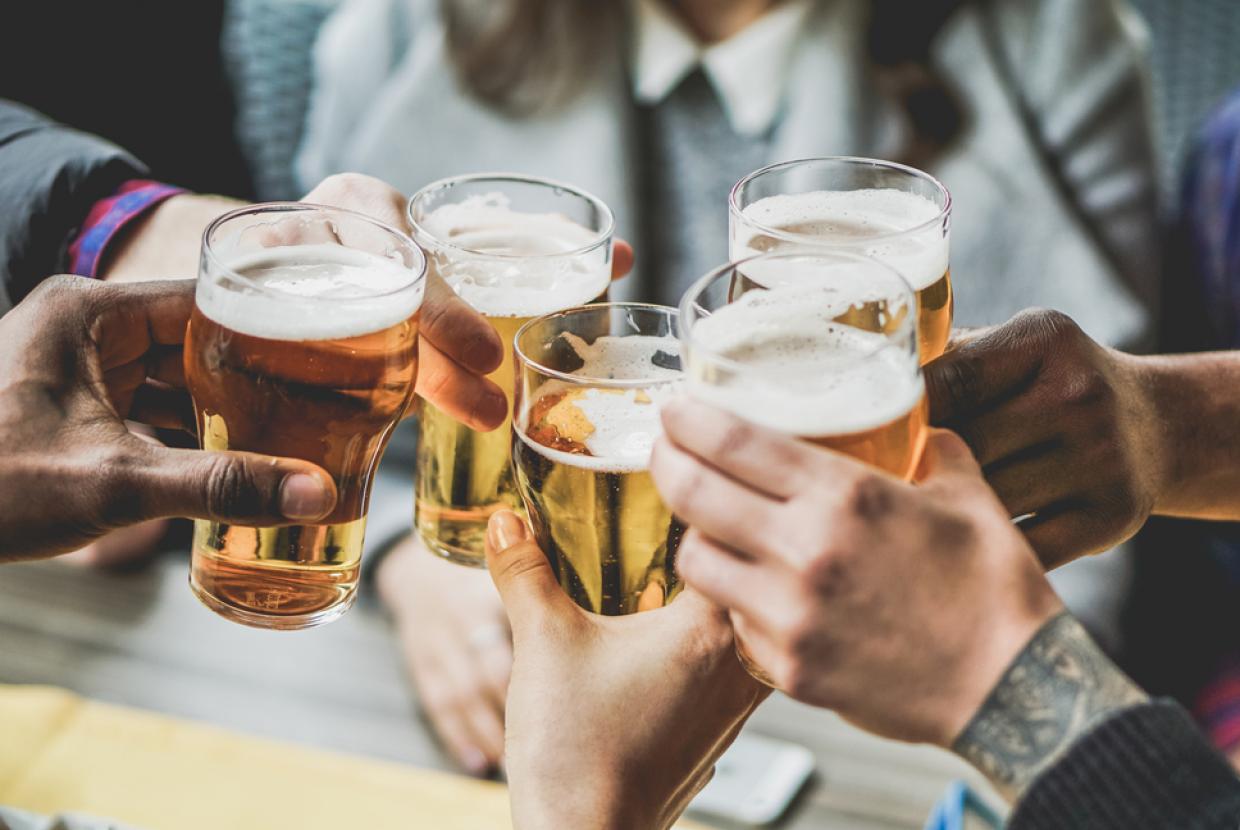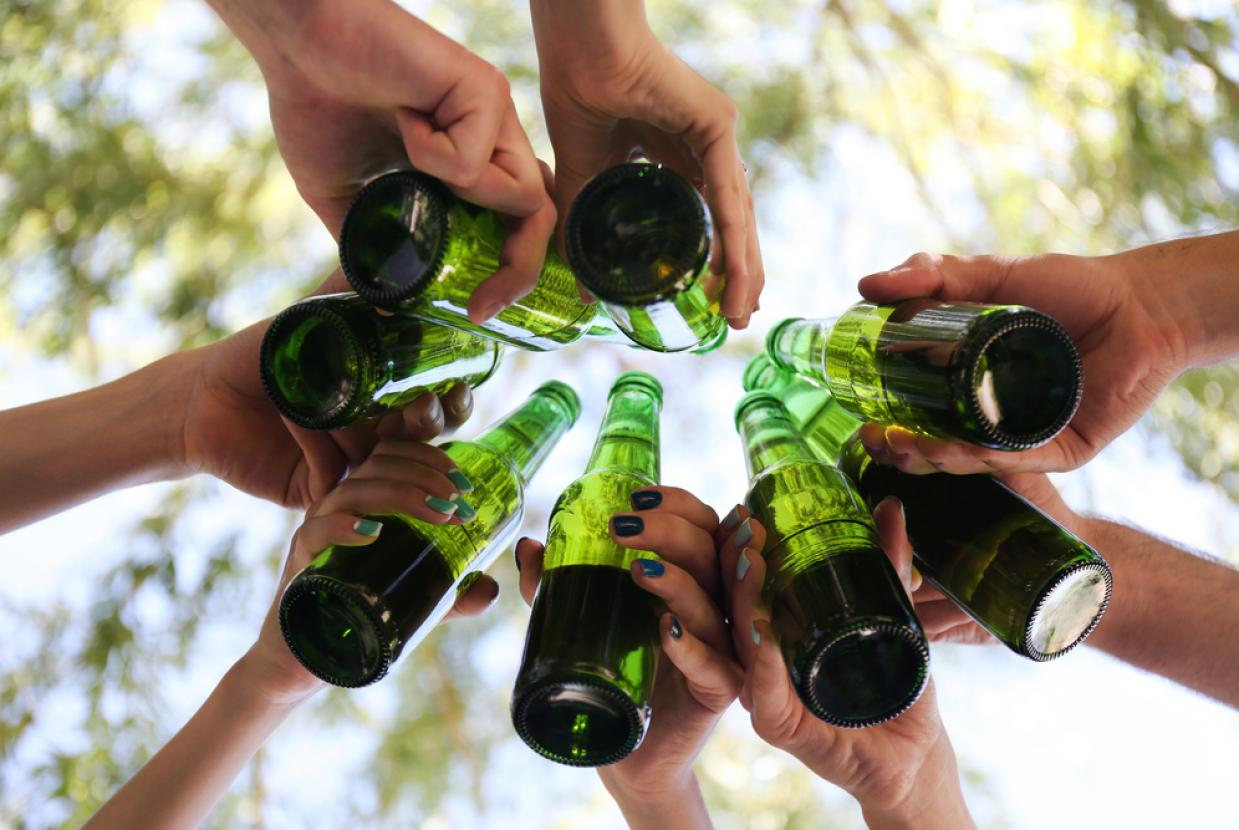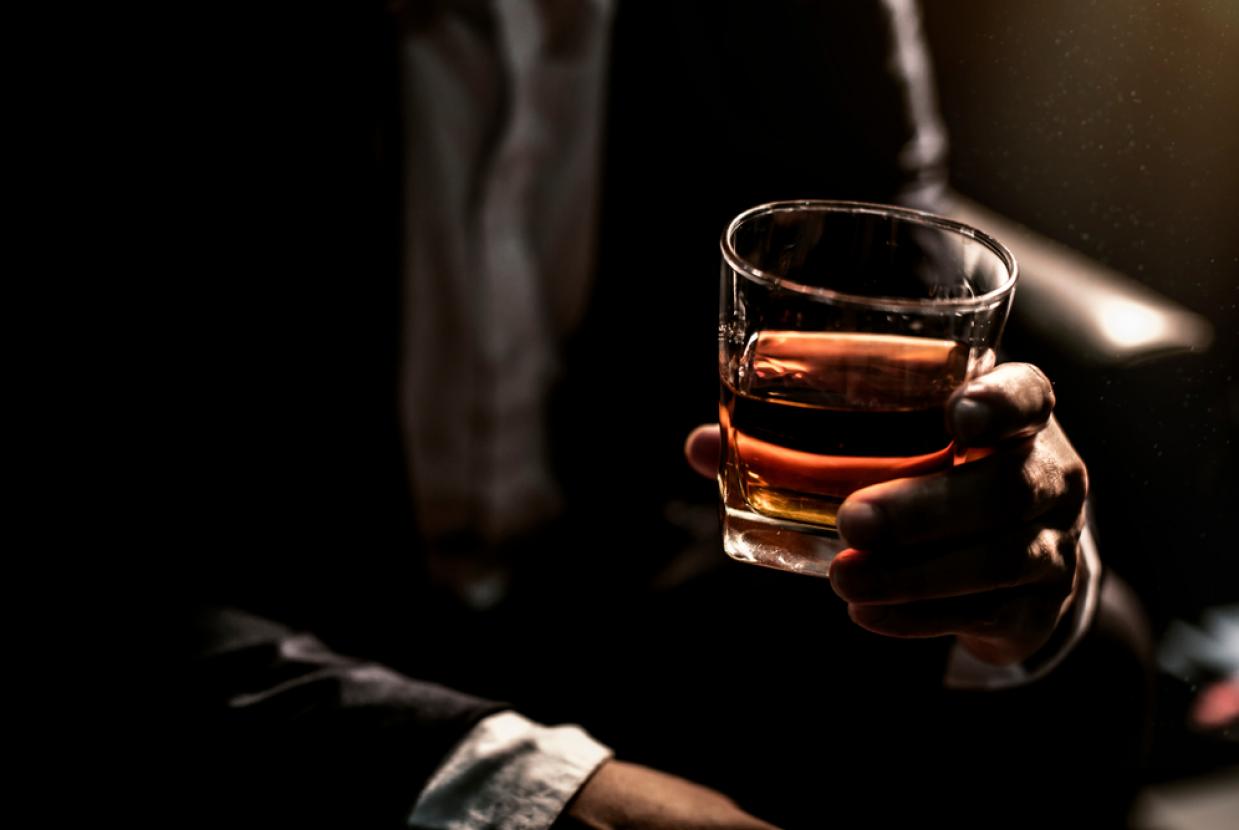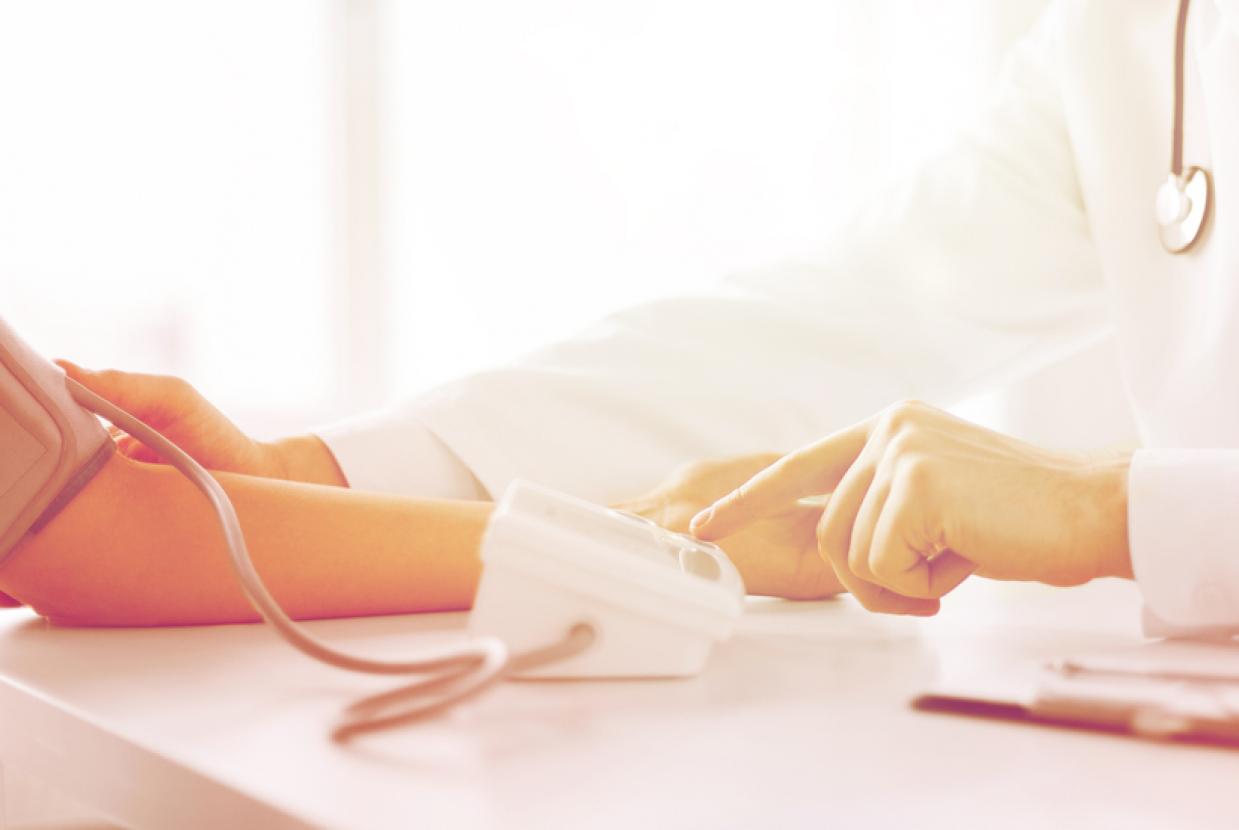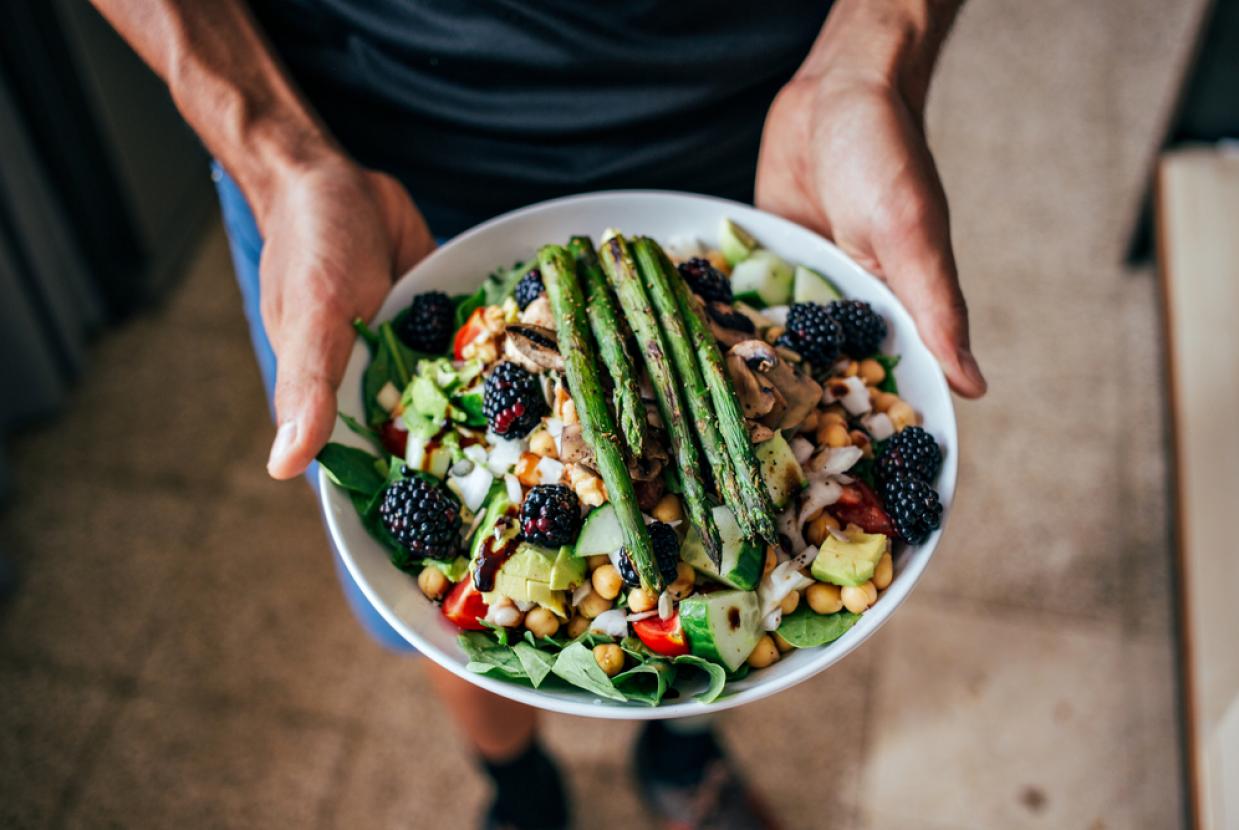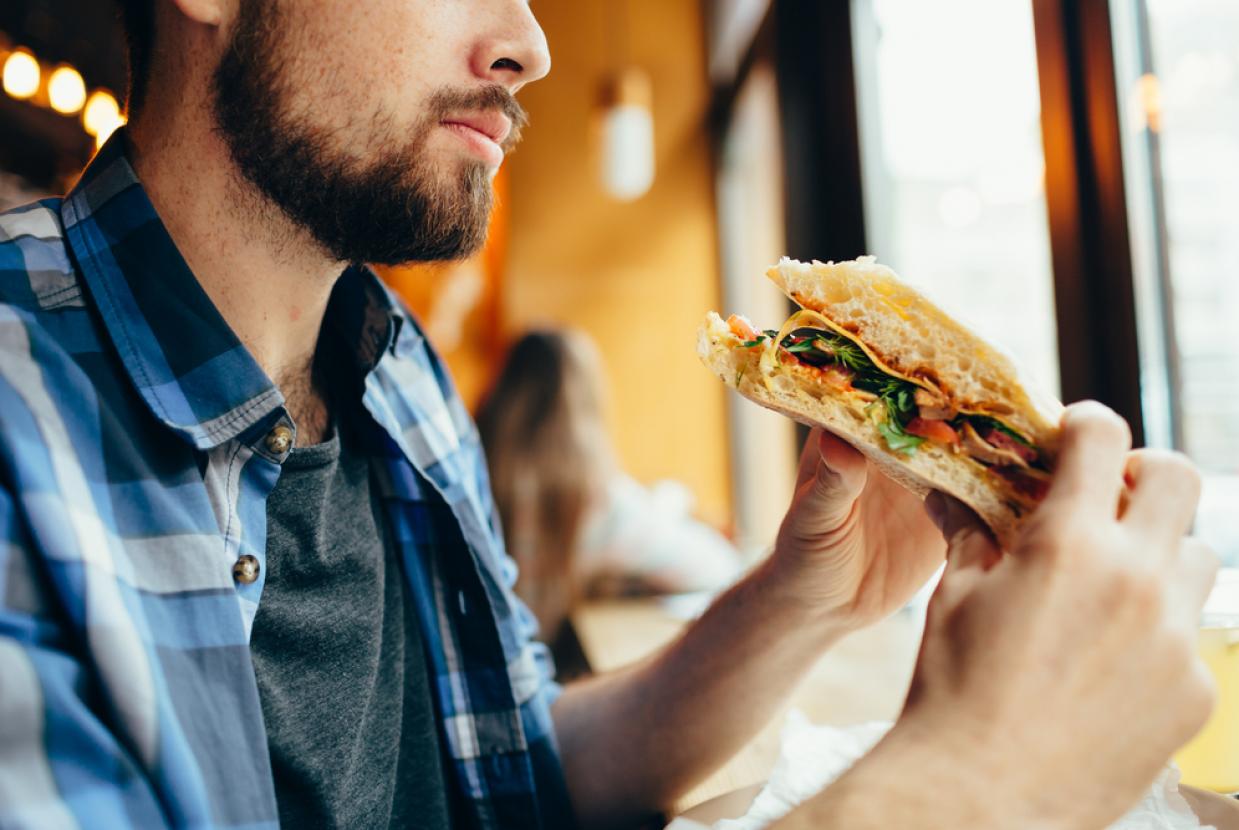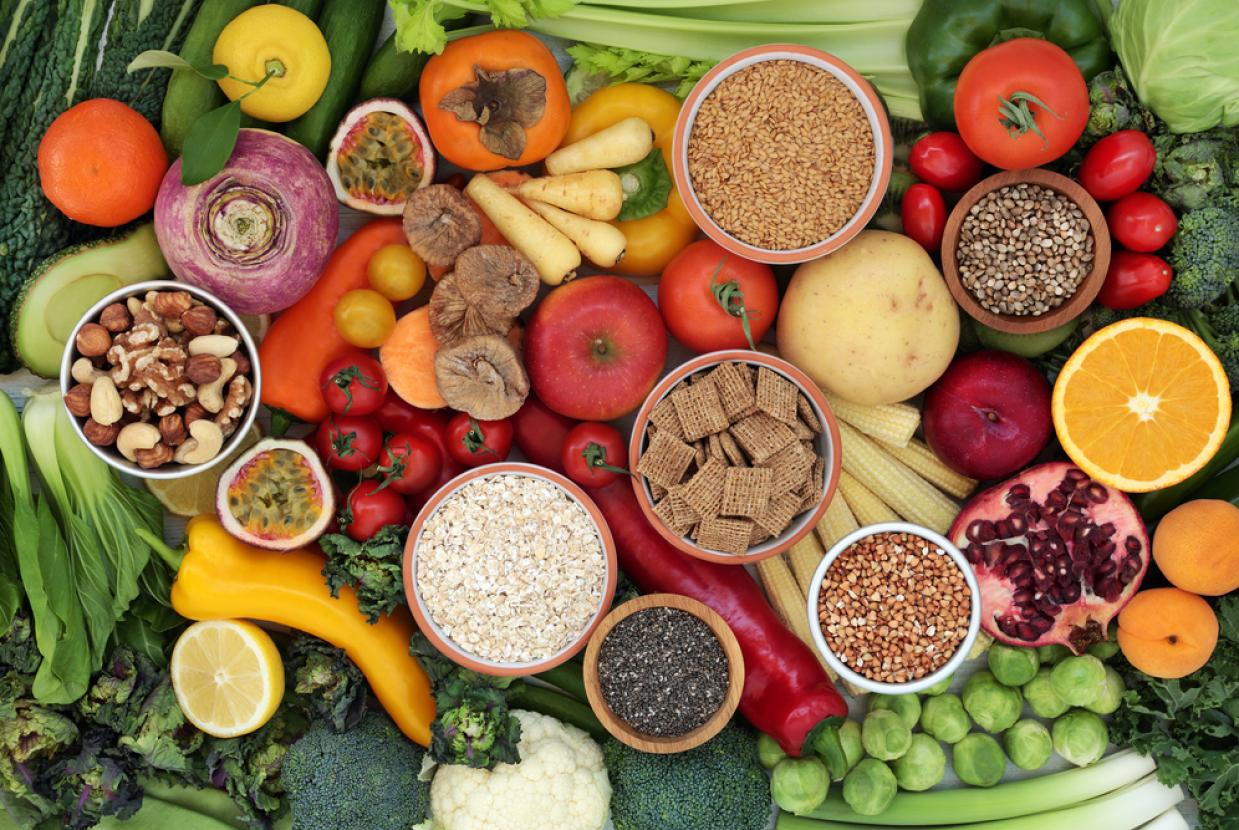Alcohol Units
We're supposed to be keeping an eye on how much we drink, but how many of us really know what a unit of alcohol is?
With so many different drinks and glass sizes, from shots to pints – not to mention bottles – it's easy to get confused about how many units are in your drink. The idea of counting alcohol units was first introduced in the UK in 1987 to help people keep track of their drinking.
Units are a simple way of expressing the quantity of pure alcohol in a drink. One unit equals 10ml or 8g of pure alcohol, which is around the amount of alcohol the average adult can process in an hour. This means that within an hour there should be, in theory, little or no alcohol left in the blood of an adult, although this will vary from person to person.
The number of units in a drink is based on the size of the drink, as well as its alcohol strength. For example, a pint of strong lager contains 3 units of alcohol, whereas the same volume of lower-strength lager has just over 2 units. To keep health risks from alcohol to a low level if you drink most weeks:
- men and women are advised not to drink more than 14 units a week on a regular basis
- spread your drinking over 3 or more days if you regularly drink as much as 14 units a week
- if you want to cut down, try to have several drink-free days each week
14 units is equivalent to 6 pints of average-strength beer or 10 small glasses of lower-strength wine.
Calculating units
Using units is a simpler way of representing a drink's alcohol content – usually expressed by the standard measure alcohol by volume (ABV). ABV is a measure of the amount of pure alcohol as a percentage of the total volume of liquid in a drink.
You can find the ABV on the labels of cans and bottles, sometimes written as "vol" or "alcohol volume", or you can ask bar staff about particular drinks. For example, wine that says "12% ABV" or "alcohol volume 12%" means 12% of the volume of that drink is pure alcohol.
You can work out how many units there are in any drink by multiplying the total volume of a drink (in ml) by its ABV (measured as a percentage) and dividing the result by 1,000.
- strength (ABV) x volume (ml) ÷ 1,000 = units
For example, to work out the number of units in a pint (568ml) of strong lager (ABV 5.2%):
- 5.2 (%) x 568 (ml) ÷ 1,000 = 2.95 units
Drinks and units
A 750ml bottle of red, white or rosé wine (ABV 13.5%) contains 10 units. See the guide below to find out how many units are in your favourite tipple.
Units and calories for drinks
Type of drink | Number of alcohol units |
Single small shot of spirits* (25ml, ABV 40%) | 1 unit |
Alcopop (275ml, ABV 5.5%) | 1.5 units |
Small glass of red/white/rosé wine (125ml, ABV 12%) | 1.5 units |
Bottle of lager/beer/cider (330ml, ABV 5%) | 1.7 units |
Can of lager/beer/cider (440ml, ABV 5.5%) | 2.4 units |
Pint of lower-strength lager/beer/cider (ABV 3.6%) | 2 units |
Standard glass of red/white/rosé wine (175ml, ABV 12%) | 2.1 units |
Pint of higher-strength lager/beer/cider (ABV 5.2%) | 3 units |
Large glass of red/white/rosé wine (250ml, ABV 12%) | 3 units |
*Gin, rum, vodka, whisky, tequila and sambuca. Large (35ml) single measures of spirits are 1.4 units


